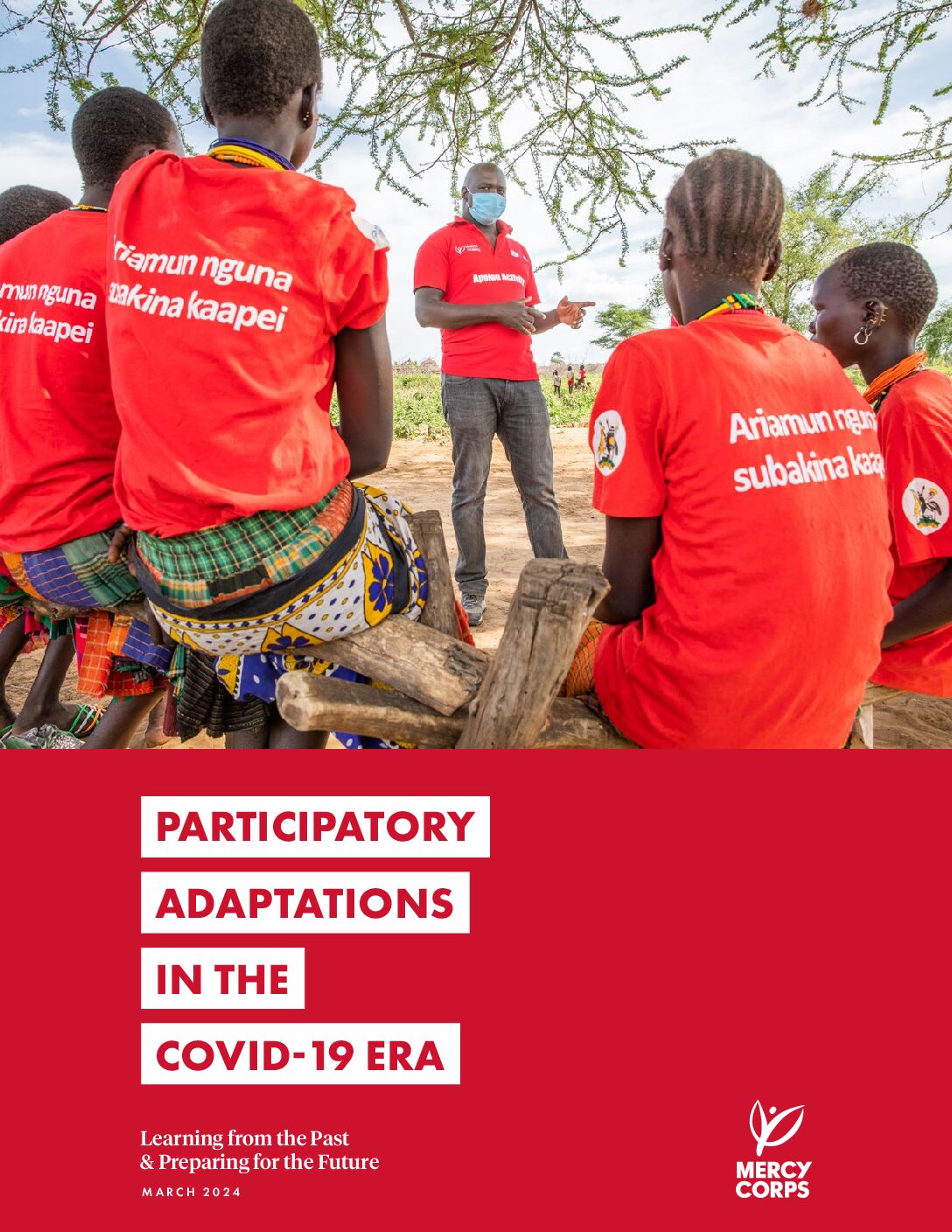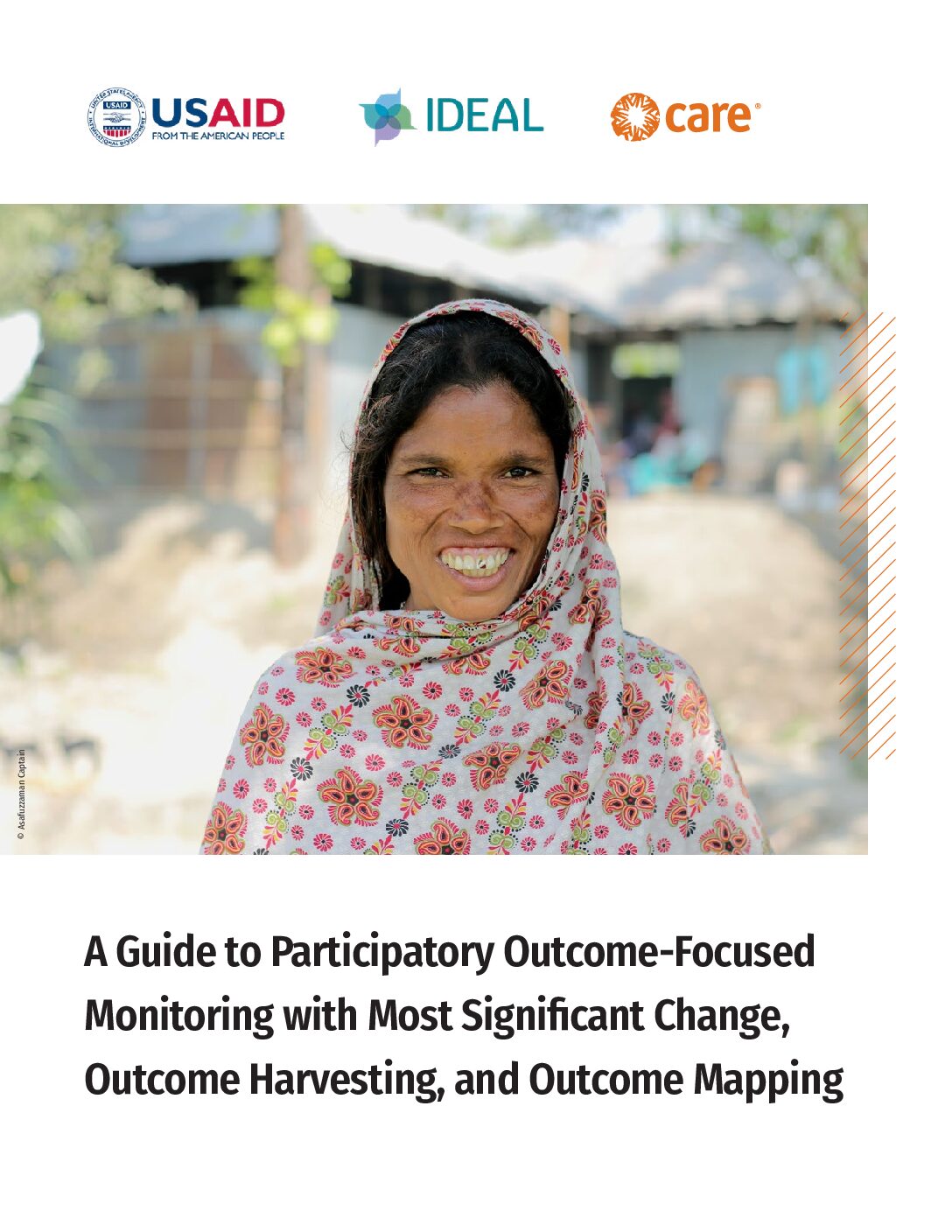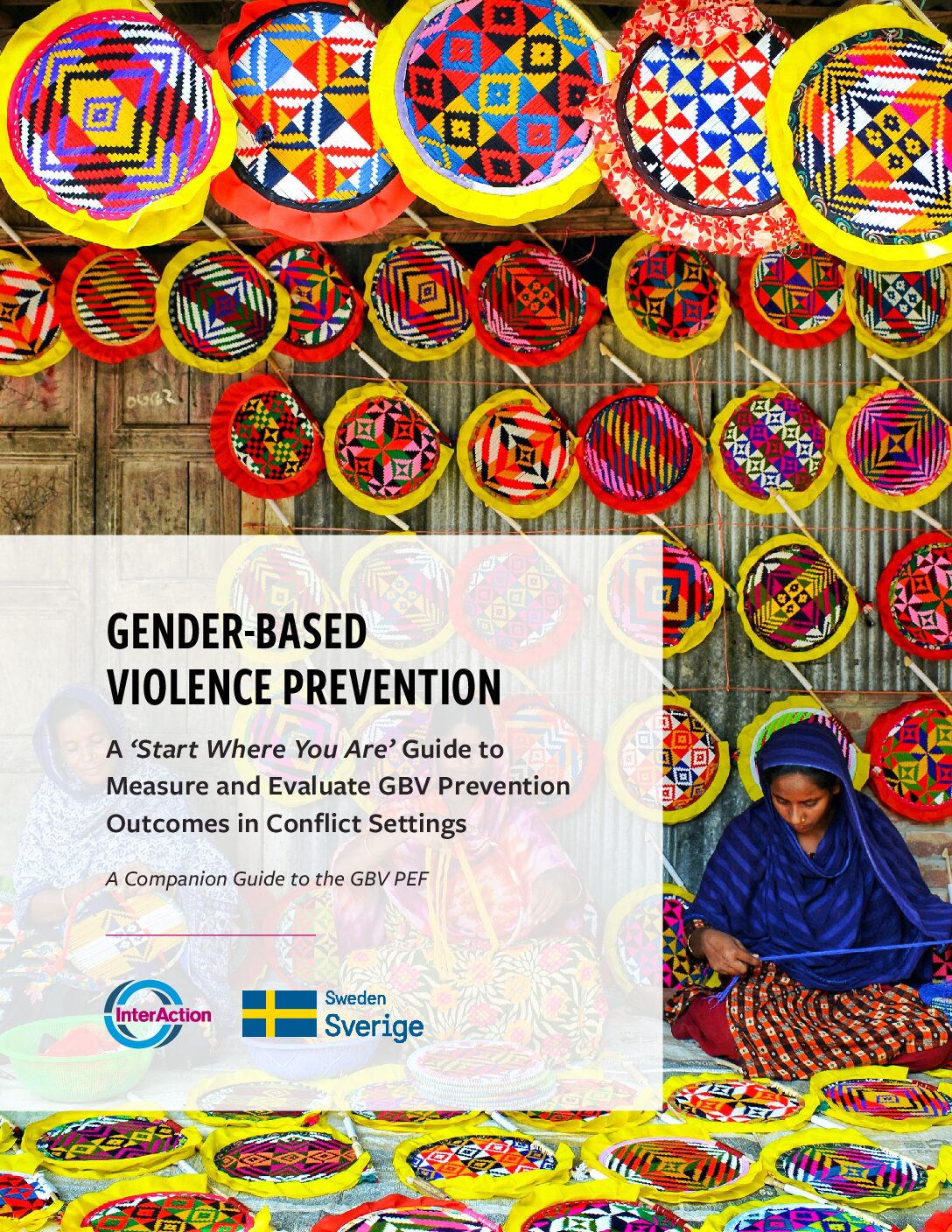Kumu – An online mapping tool that can facilitate outcome-oriented ways of working
Humanitarian crises are complex. Finding relevant ways of working in such complex situations that keep protection outcomes at the center is paramount to reducing risk. Kumu is one easy-to-use online mapping tool that can help humanitarians navigate complexity. All that’s required is an internet connection.
The types of maps you can create are endless, including stakeholder maps, systems maps, causal loop diagrams, org charts, community and asset maps, mobility maps, safety maps, concept maps, and more.
One exercise that often helps protection actors understand a problem better is stakeholder mapping. With Kumu, you can map out every stakeholder relevant to a protection issue, or threat, and then place them on the map within your organizations’ or collectives’ spheres of influence – who do you have direct influence over? Some influence over? No influence at all? Visually mapping this out together can help you design and adapt your activities in order to reduce threats, reduce affected people’s vulnerability to the threat, and increase their capacity to deal with the threat.
Furthermore, you can map out things like relationship dynamics, if helpful. For example, is this a broken relationship? A new relationship? What sort of power dynamics exist between these stakeholders? Storing this map online means you can easily go back and edit it as things change in your operating context, as they’re bound to do.
You can create your own maps directly or input existing data you may have. For each data point, you can also add additional “behind the scenes” data – for example, if you’re creating a stakeholder map you can also include information such as how long the stakeholder/organization has been operating in the area, their potential pressure points, the various sectors they work in, or any other information that may be useful to your analysis.
Results-Based Protection emphasizes the use of systems-thinking and outcome-oriented ways of working. Kumu is one tool that makes it easy to do so. It is free to get started, just click here.


